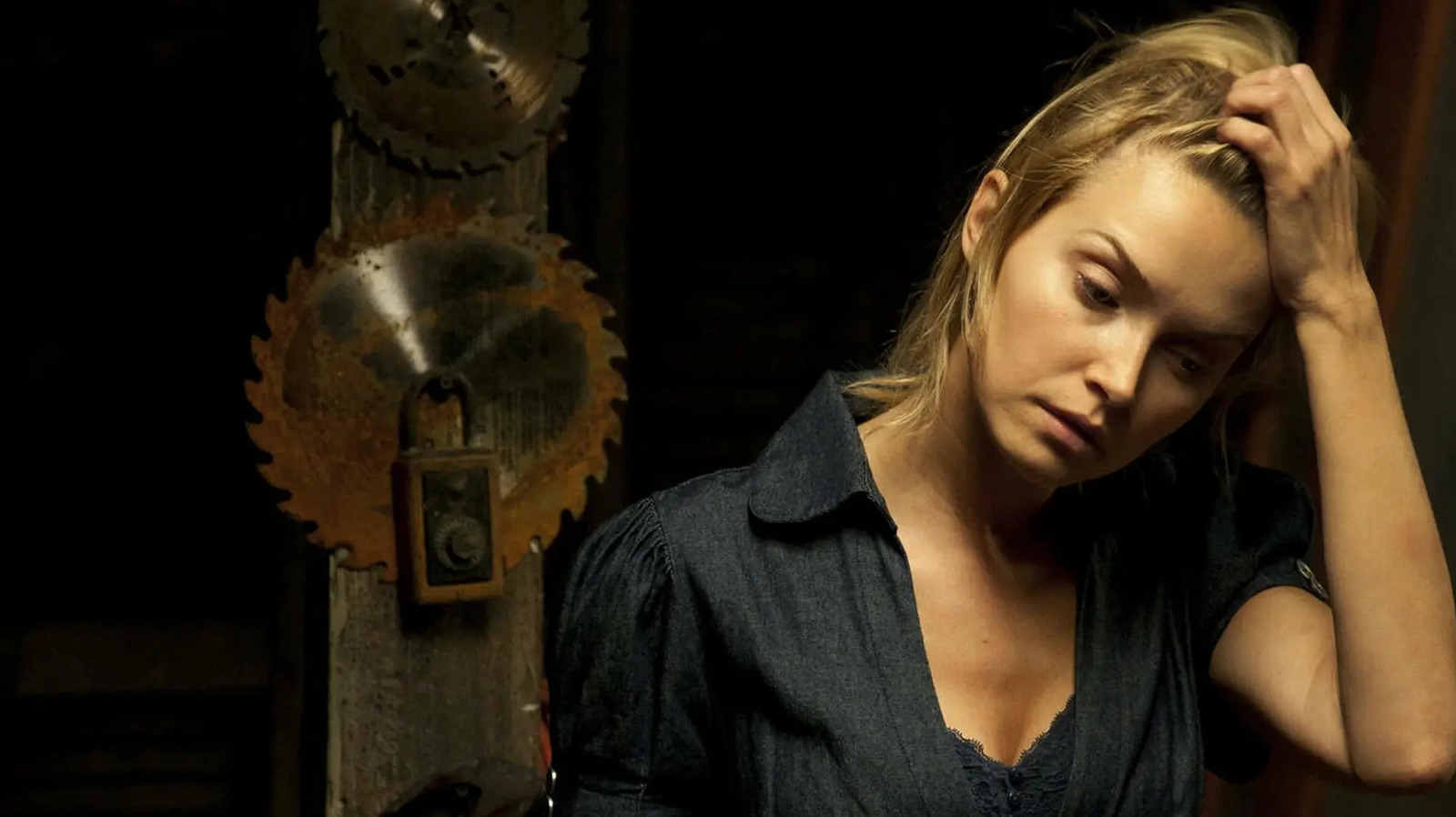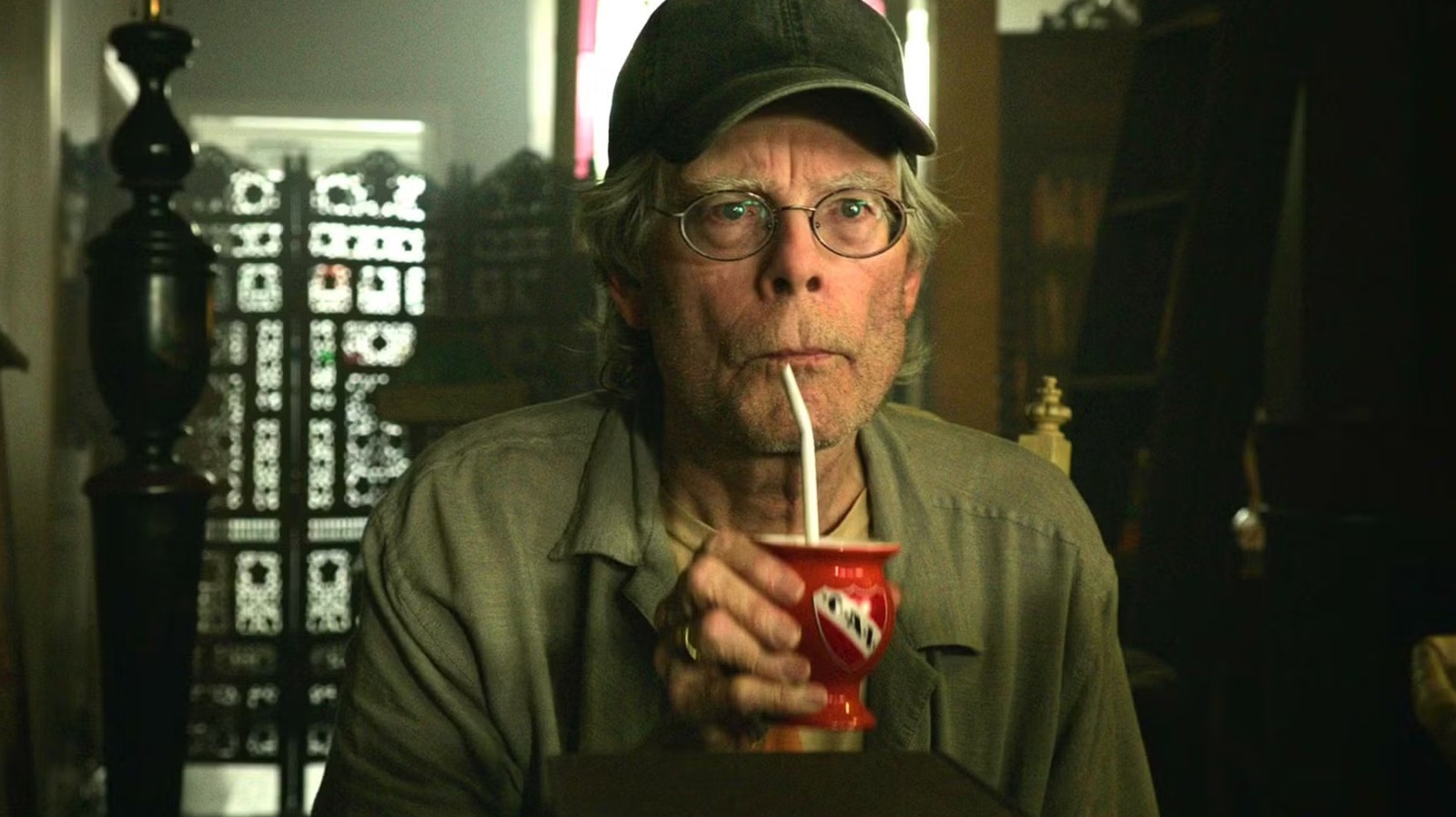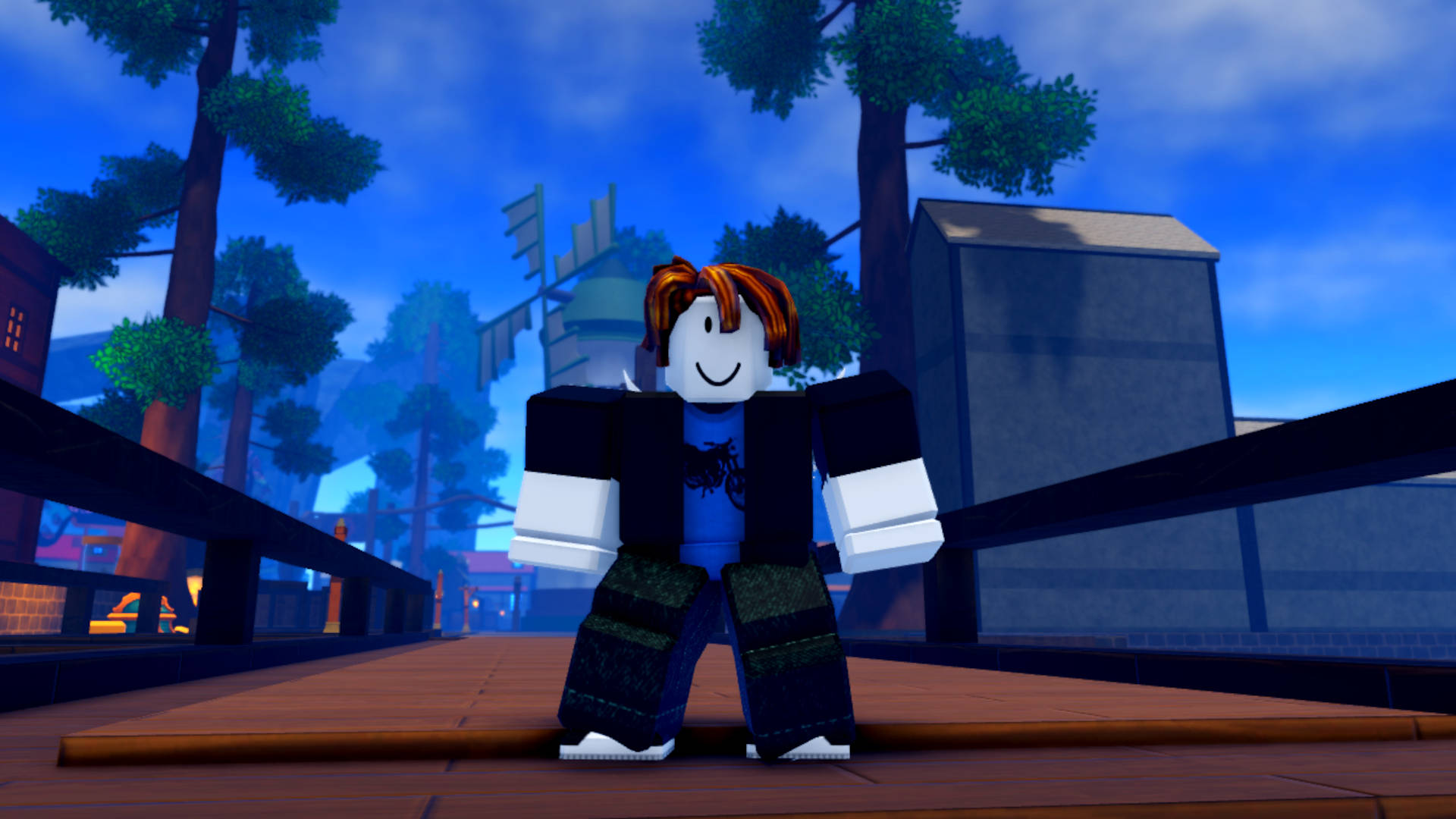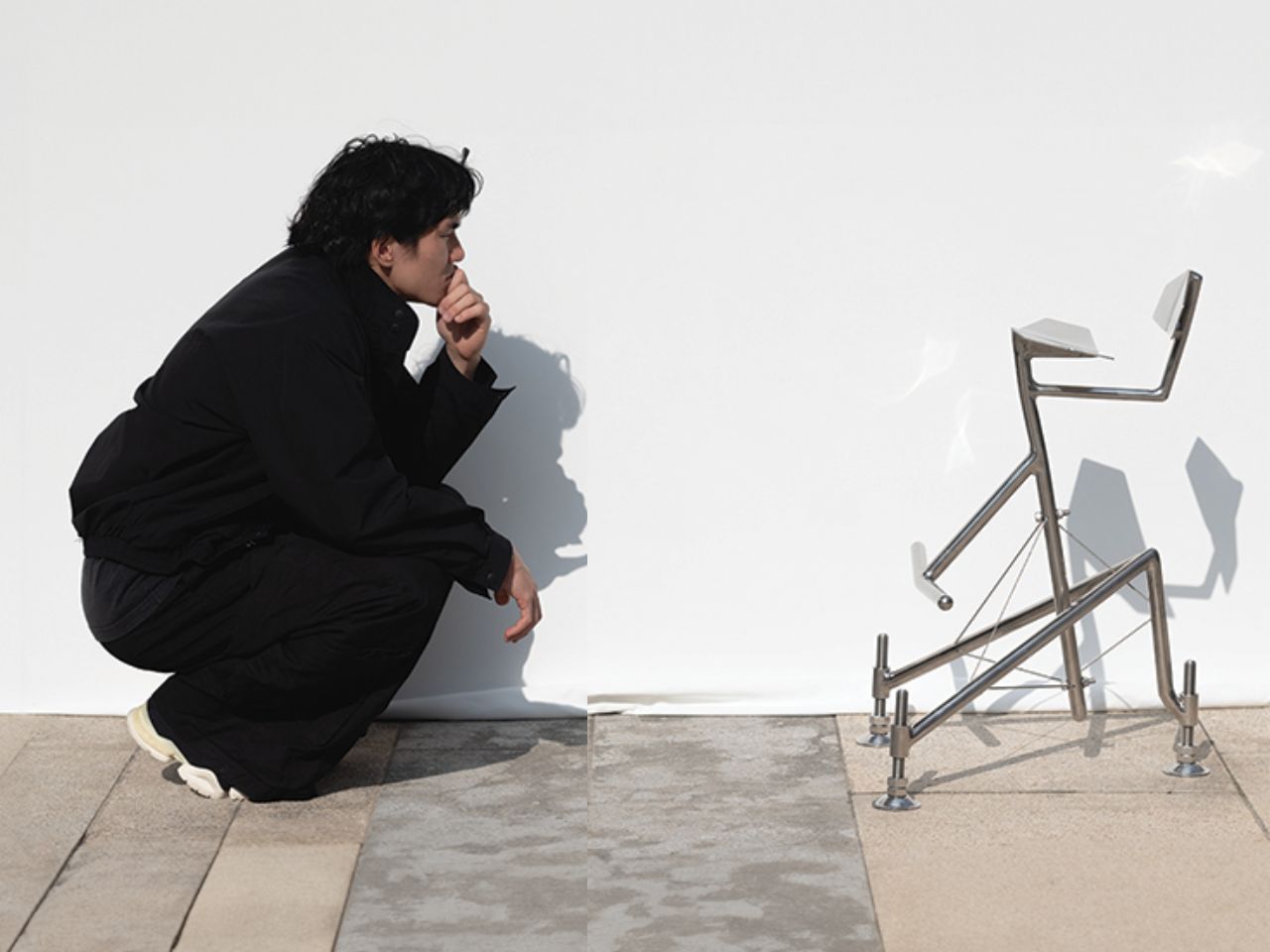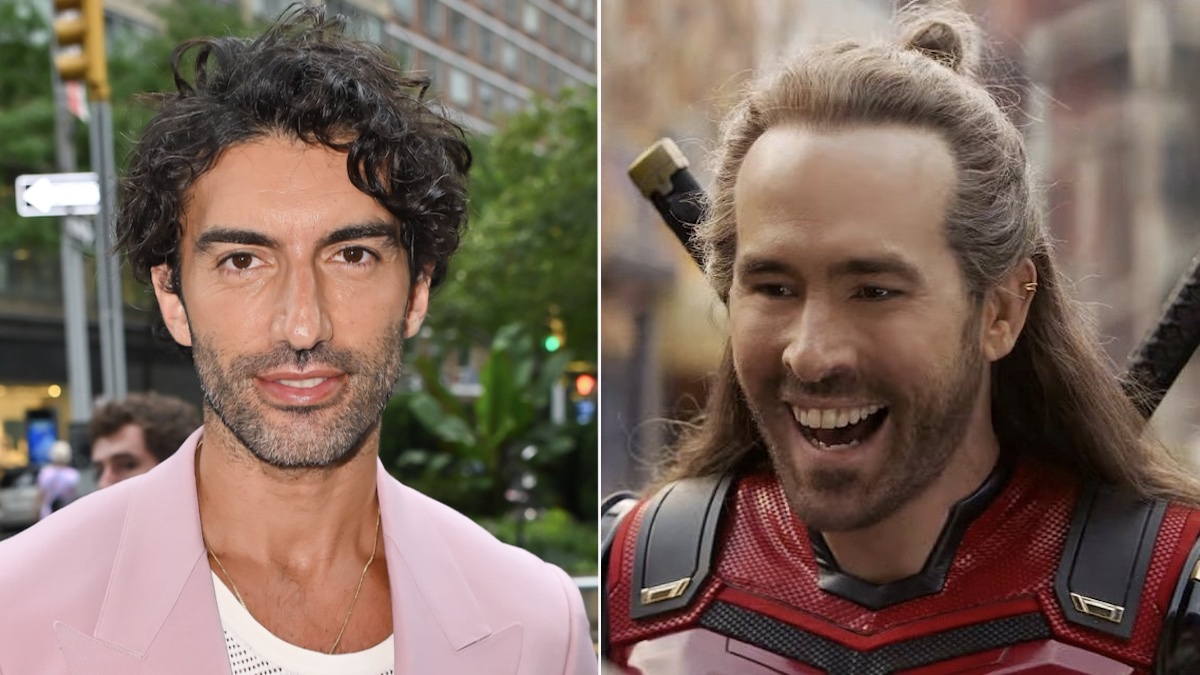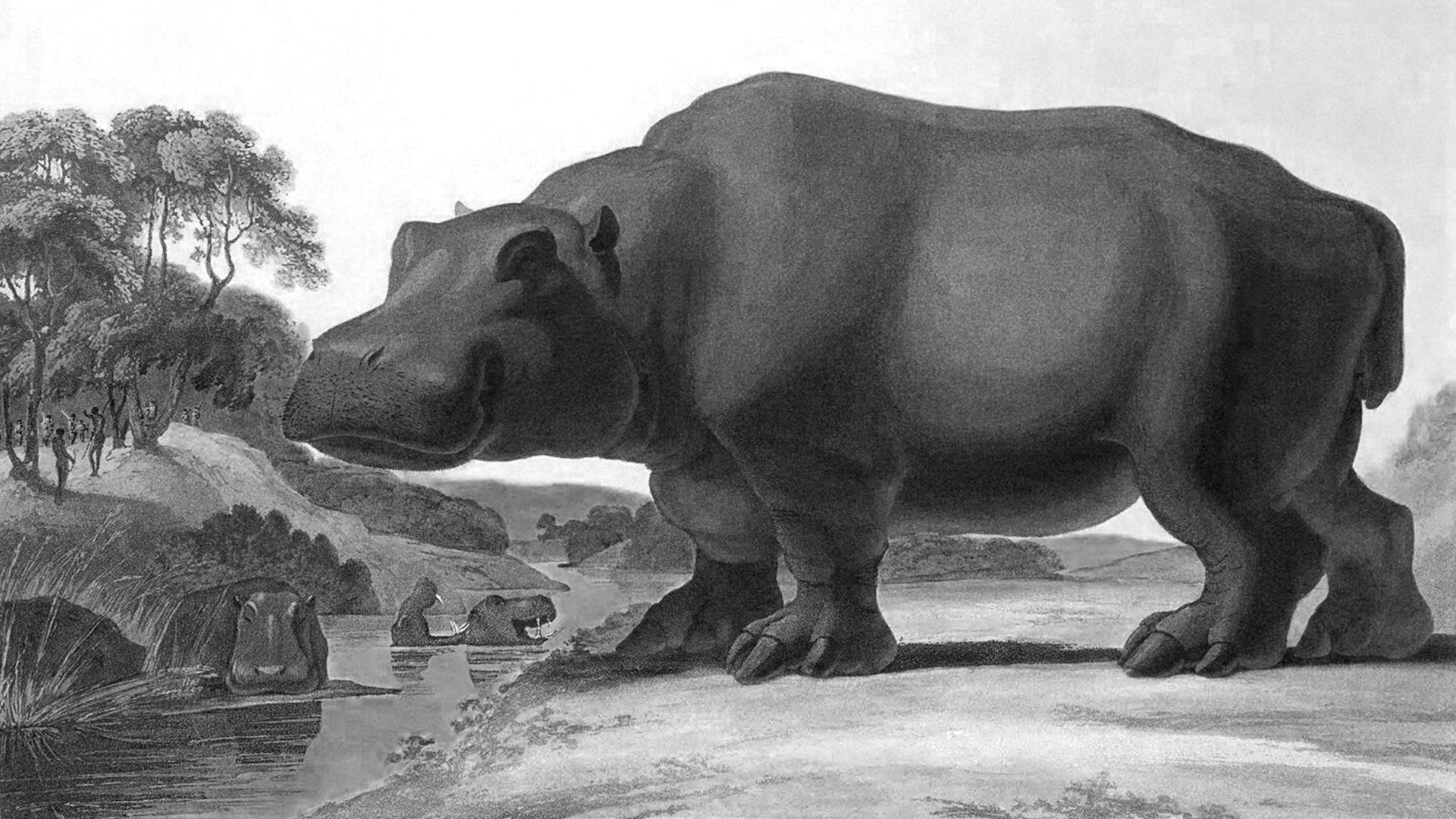Played for laughs: how cinema still fails male sexual assault survivors
There is a troubling history of male survivors of sexual assault being treated as a joke in film and television – one writer recounts finding solace in another story. The post Played for laughs: how cinema still fails male sexual assault survivors appeared first on Little White Lies.

Cinema, as the great empathy machine, can tell our stories and allow others to understand them, and therefore, hopefully us. The feeling of recognition one can gain upon seeing their story reflected on the big screen is often euphoric – but not always. In the summer of 2017, almost a year removed from my own sexual assault, I saw my story in the form of Jeff Baena’s The Little Hours. As I watched three women drug a man and proceed to assault him, I saw my story in front of my very eyes, but the feeling was far from euphoric. Instead, I sunk deeper into my chair as the entire auditorium erupted with laughter at what was happening on screen. This was a vivid reminder of how cinema, and by extension society, viewed male victims of sexual assault.
Male rape and sexual assault is so ubiquitous and normalised in the world of comedy that you may not have even noticed. For decades movies have consistently presented the violation of men as a punchline, to the point that phrases like “don’t drop the soap” fly completely under the radar in all forms of media, including children’s film and television.
Cinema has a history of not only joking about sexual assault but disregarding it as a whole, regardless of gender. When not used as a punchline, rape has been treated as a shock tactic – such a taboo within culture that seeing it on screen becomes a form of spectacle. Whether it be Isla Fischer tying down Vince Vaughn and forcing herself upon him in Wedding Crashers, Edward Norton’s rape at the hands of a prison gang in American History X, or Susan George’s rape playing second fiddle to Dustin Hoffman’s violent outburst in Straw Dogs, the movies have proven time and time again that they have no interest in exploring the psychological consequences that such violations could have on a person.
At least until 2017. Following the #MeToo movement, views around sexual harassment and assault have shifted drastically. Whereas the violation of women in the past was normalised in cinema or treated as an issue for men to handle à la Charles Bronson in Death Wish, recent movies like She Said, Promising Young Woman and Bombshell focus on women using their own experiences to fight back. This is not restricted to film either. Suzie Miller’s play Prima Facie takes aim at the legal system’s approach to tackling rape cases, stand-up comedians like Ania Magliano have produced shows around their own experiences of assault, and Michaela Coel’s television series I May Destroy You explores consent beyond the binary of yes/no and focuses on the personal trauma of sexual violence. These results are a testament to the changing views around all forms of rape and assault.
One of the greatest recent films to broach the subject is Molly Manning Walker’s How To Have Sex, which follows three teenage friends on an end-of-exams holiday in Malia. The film places us in the position of the girls as they face their fears and anxieties around sex, and in doing Manning Walker allows us to recognise the fear that many women have around alcohol, walking home alone, and the possibility of sexual assault. When one of the characters is raped, we also feel her pain.
Unlike my experience with The Little Hours, seeing How To Have Sex in a cinema was special. I felt seen rather than laughed at. This was a reminder that others shared the same pain and experience that I had gone through, rather than a cruel spectacle that made me feel alone. As I walked through Glasgow – the very city I was assaulted in – I cried. Each tear felt like a representation of my joy at seeing the topic handled so respectfully, but also my sorrow at the lack of films dealing with male sexual violence.
The majority of media focuses on female victims of assault or harassment, and it’s easy to understand why. According to Rape Crisis England and Wales 1 in 4 women experience rape or sexual assault, whereas only 1 in 18 men report the same experiences. Furthermore, 98% of adults arrested for committing sexual offences are men. Statistically speaking, women tend to be the victims of assault and men tend to be the perpetrators – but it’s more complicated than that. Men are also less likely to report their experiences of sexual assault, so it’s safe to assume the reality of sexual violence against men is higher than figures suggest.

Richard Gadd’s Baby Reindeer and Michaela Coel’s I May Destroy You are two recent, rare examples of media that does address male sexual assault in a sensitive manner. A plot line that appears in both television shows is the struggle for men to talk about their assault. In the case of Baby Reindeer, a recurring question asked of the main character Donnie is “Why’d it take you so long to report it?” reflecting the reality that many sexual assault survivors struggle to talk about what has happened to them. Furthermore, in both shows, neither of the male survivors attend support groups nor therapy (Michaela Coel’s character in I May Destroy You, who is also sexually assaulted, attends both).
The wider issue of men struggling to discuss their emotions and the impact this has on their mental health is increasingly prominent, but decades of male sexual assault being treated as a joke only perpetuates the notion that men should not speak up for fear of being ridiculed. The severe lack of media discussing the issue doesn’t help matters either.
Whereas stories of male sexual assault are being produced more frequently in contemporary television, the same cannot be said for film. Two of the most recent examples of movies discussing male sexual violence come in the form of 2012’s The Perks of Being a Wallflower and 2023’s May December, both of which portray adult women assaulting young boys. With a 11-year gap between the films, it is clear that this topic is rarely handled seriously, if ever, in cinema.
That is not to say that no films attempted to tackle the issue before this. Pictures like Barry Levinson’s Sleepers discussed the rape and assault of young boys in a juvenile detention centre back in 1996. Unfortunately, at this point, sexual violence was still very much used as a shock tactic, with films like Sleepers focusing on the events themselves while showing little to no signs of emotional or physical trauma for the survivors in the long term. Both The Perks of Being a Wallflower and May December avoid showing the assaults themselves and focus much more on the impact the events have on these young men. In doing so, both films bring attention to the complex pain such incidents can have on someone and the painful conversations we often need to have with others and ourselves.
Portrayals of male sexual violence may be few and far between, and, unfortunately, distasteful representations of male sexual assault do still exist – this year alone the latest season of The Boys featured a scene in which lead character Hughie is assaulted, which showrunner Eric Kripke described as “hilarious.” However, the increase of survivors like Richard Gadd sharing their stories presents a hopeful change in the way that the issue will handled in art going forward.
Honest, affecting depictions of male rape and assault do exist and shows like Baby Reindeer and films like May December treat the issue, and therefore survivors, with care and respect. They portray their journeys through trauma as messy, ugly, and honest. With healing comes a lot of mental and physical pain, but these shows remind us that the first step on a healing journey is by confronting that trauma in the first place. The lack of media discussing male sexual assault only continues to silence victims, many of whom do not see themselves represented on screen, or are too ashamed or fearful to share their own stories. Only by smashing the taboo of male sexual assault on screen by sharing authentic stories can this begin to change.
Rape Crisis provides specialist help to all survivors of sexual assault. Call free on 0808 500 2222 or go to the website to start a free online chat.
The post Played for laughs: how cinema still fails male sexual assault survivors appeared first on Little White Lies.
What's Your Reaction?









